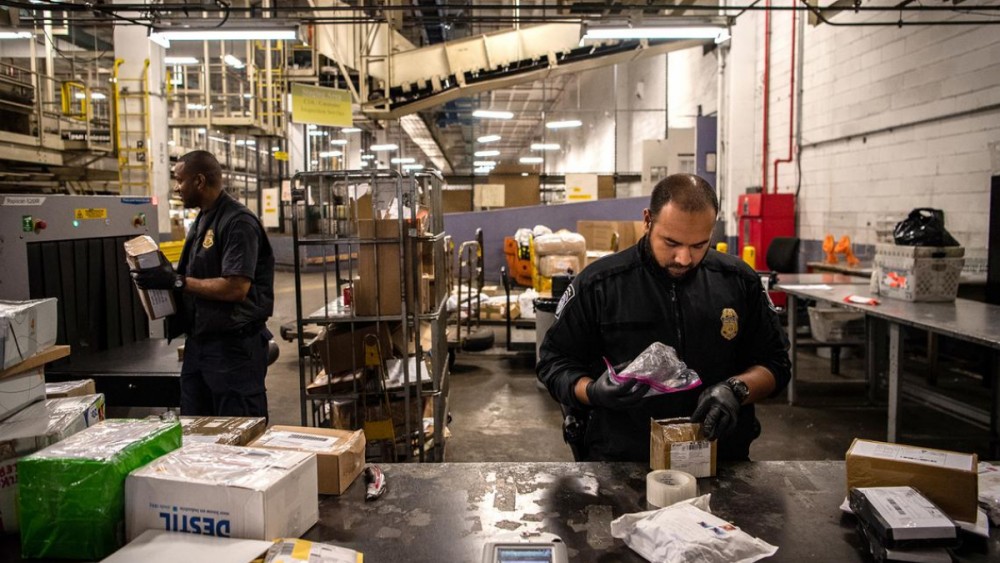
A bill that would give U.S. Customs and Border Protection (CBP) agents the equipment to detect synthetic opioids has been introduced in the U.S. House.
The DHS Opioid Detection Resilience Act of 2019 requires the Commissioner of CBP to procure chemical screening devices that allow border patrol agents to identify narcotics, including synthetic opioids, with purity levels of less than 10 percent. A 2018 study by the Drug Enforcement Administration (DEA) found that most fentanyl seized at the southwest border tends to be less than 10 percent pure. These changes would fill the gap that currently exists in identifying these synthetic opioids.
“Stopping the flow of illegal drugs across our southern border and at ports of entry is a top priority for our CBP law enforcement officers. This includes fentanyl and other synthetic opioids that can be difficult to detect. Our legislation ensures that DHS has the necessary equipment to detect synthetic opioids and the ability to adapt as smuggling methods evolve. We want to prevent this poison from ever reaching American communities, and our bill helps law enforcement carry out that mission,” Rep. Clay Higgins (R-LA), the bill’s sponsor, said.
It was co-sponsored by Reps. Mike Rogers (R-AL), Michael McCaul (R-TX), Peter King (R-NY), Yvette Clarke (D-NY), John Joyce (R-PA), John Katko (R-NY), and Max Rose (D-NY).
“Fentanyl and other synthetic opioids continue to wreak havoc on families and communities across the nation. Rep. Higgins’ DHS Opioid Detection Resilience Act of 2019 seeks to address the crisis from the front lines by ensuring CBP officers are able to detect and stop synthetic opioids from entering the country. This measure is particularly needed as drug traffickers adapt their smuggling tactics to defeat current technology. I thank Rep. Higgins for taking the lead on such a vital piece of legislation that has the potential to prevent millions of lethal doses of synthetic opioids from making their way into American communities,” Rogers said.




